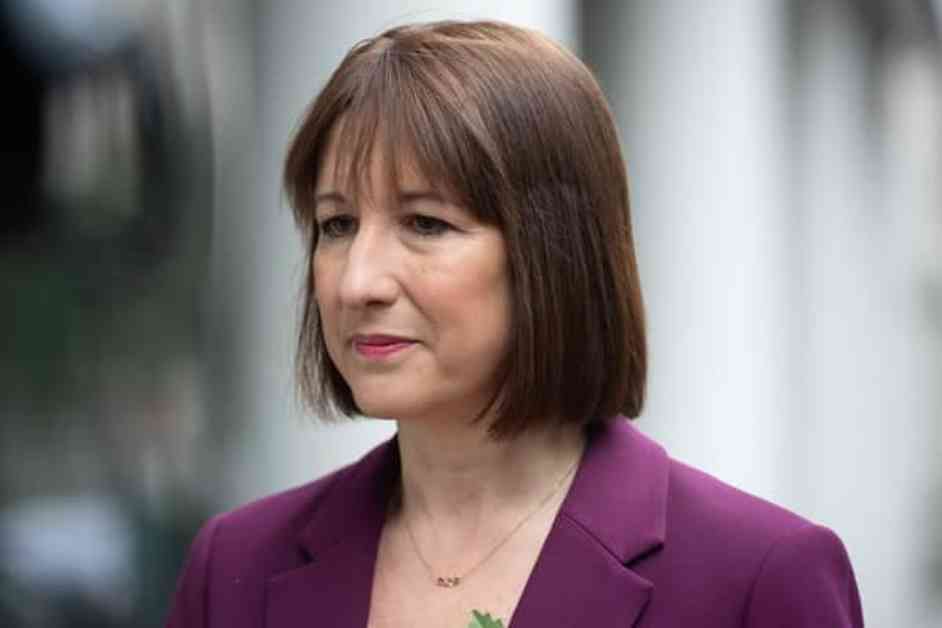Title: Private Schools Face Closure Threat as Chancellor Imposes VAT: Labour Braces for Impact
The Chancellor’s recent announcement in the Autumn Budget has sent shockwaves through the private school sector, as Rachel Reeves revealed plans to impose a standard 20% VAT rate on these institutions starting from 1 January 2025. This move has raised concerns about the potential closure of private schools and a surge in student transfers to state schools, prompting Labour officials to prepare for the worst-case scenario.
Rising Concerns and Preparations
Whitehall officials have confirmed their worries about the possible repercussions of the Chancellor’s controversial tax hike on private schools. With fears of closures looming, local authorities have been instructed to brace for a sudden influx of students seeking enrollment in state schools. Recent data from the Independent School Council indicates a significant uptick in applications from private school students looking to switch to the public education system.
According to the Institute of Fiscal Studies (IFS), estimates suggest that anywhere between 20,000 and 40,000 pupils may transition to state schools due to the VAT imposition. While the Treasury projects a lower figure of 37,000 departing private school students, sources within Whitehall stress the need to prepare for a potential surge in transfers, especially among smaller independent schools facing added challenges.
Financial Impact and Uncertainties
Labour aims to generate an additional £1.8 billion annually through the VAT change, with plans to recruit over 6,500 new teachers to accommodate the anticipated influx of students. However, concerns remain about the readiness of the state sector to absorb such a large number of transfers, as highlighted by Julie Robinson of the Independent Schools Council.
Robinson’s cautionary remarks underscore the uncertainty surrounding the government’s projections and the potential strain on local authorities. Nicholas Hyett, an Investment Manager at Wealth Club, warns of the financial shocks facing independent schools and the possible repercussions of increased fees on parents. He emphasizes the need for proactive measures to alleviate the financial burden, such as seeking assistance from grandparents for tuition payments.
Mitigating the Impact
As families navigate the changing landscape of private education, practical steps can help ease the transition and minimize the impact of rising costs. Hyett’s advice on leveraging familial support for school fees highlights the importance of financial planning in the face of evolving circumstances. By exploring avenues for financial assistance and tax planning strategies, parents can better navigate the challenges posed by the VAT changes and ensure a smoother transition for their children.
In the midst of uncertainty and potential upheaval in the private school sector, proactive measures and informed decision-making can empower families to navigate the changing educational landscape with resilience and foresight. As stakeholders across the education sector prepare for the implications of the Chancellor’s VAT imposition, collaboration and strategic planning will be key in ensuring a smooth transition for students and schools alike.




